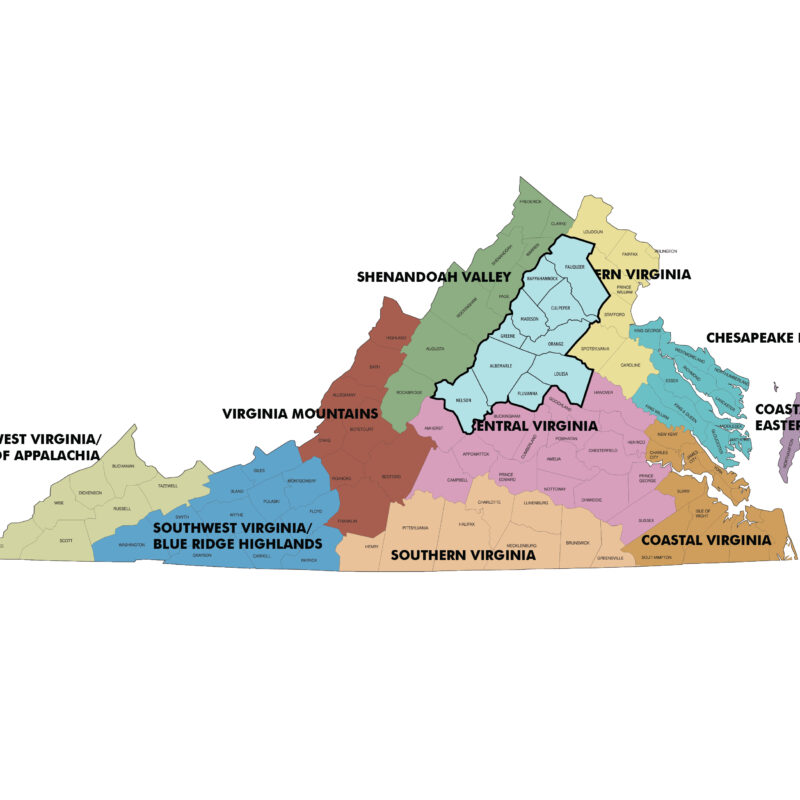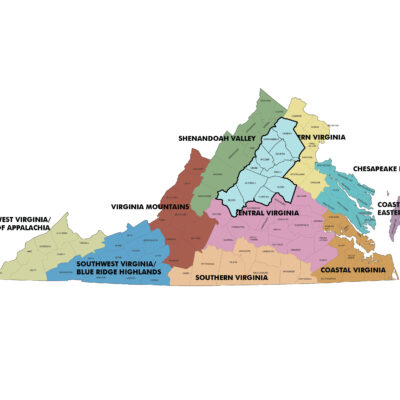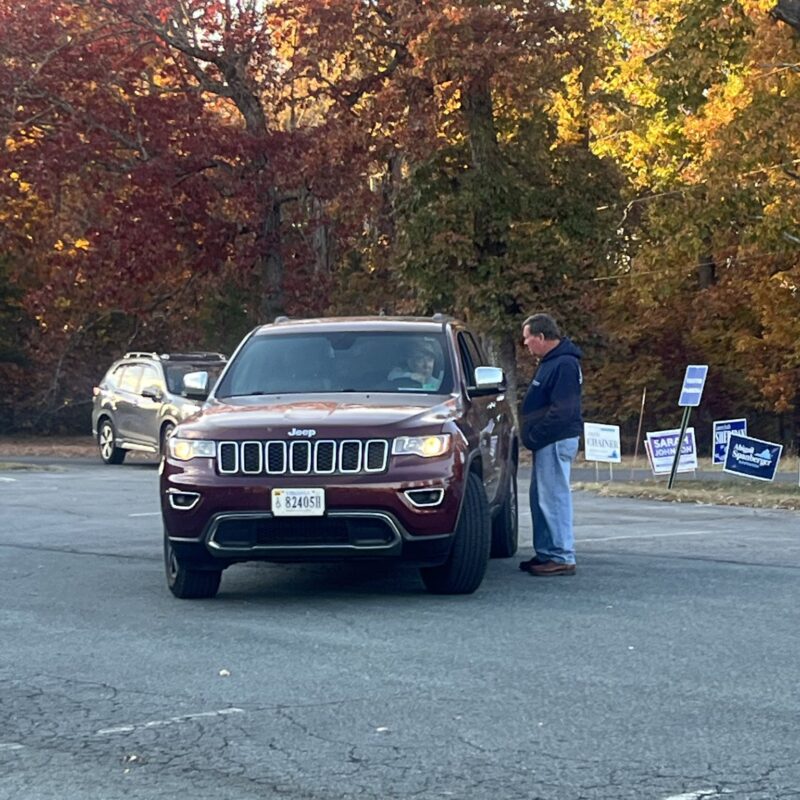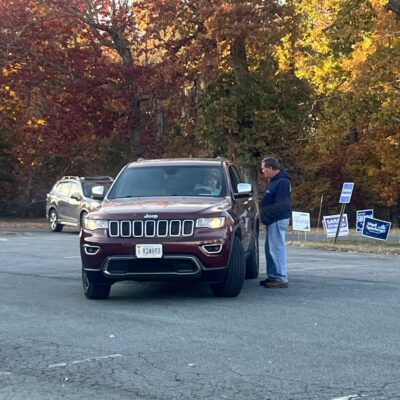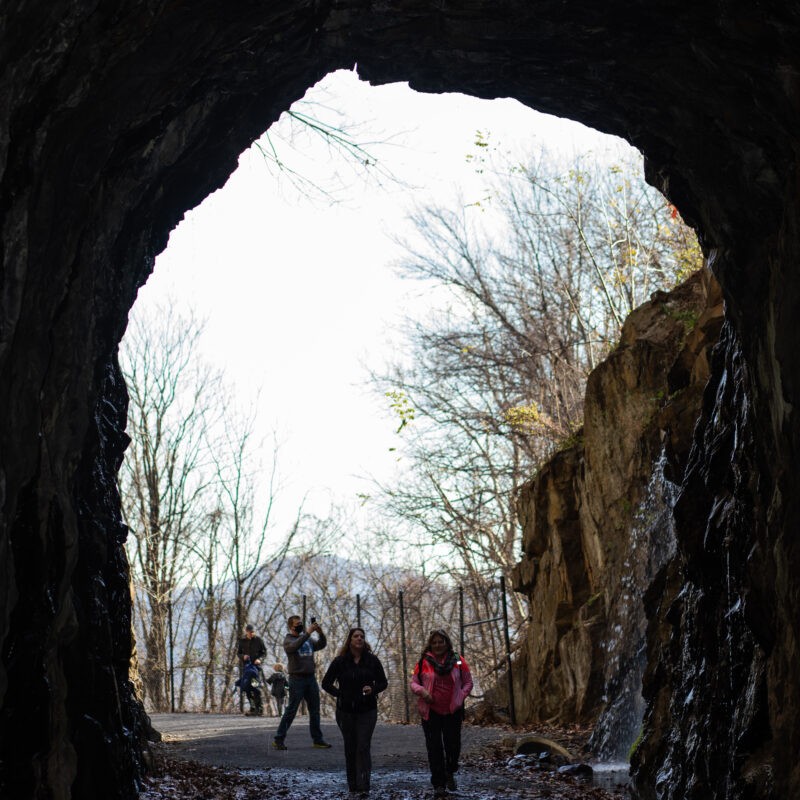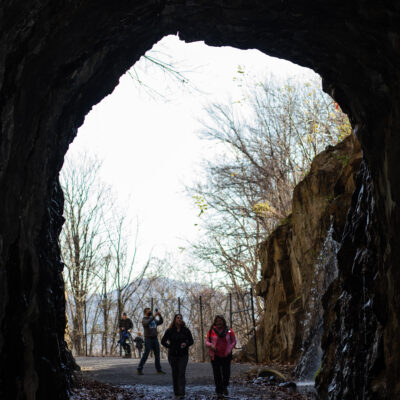Local artist and business owner Richard Freeman likens day jobs to prisons. Still, he said he’s willing to fight to keep the prison he built for himself from being destroyed.
Freeman, 74, owns and operates a frame store called Freeman-Victorius in the heart of Charlottesville’s Corner. For nearly half a century, he has purposefully prowled the crowded retail space, making a living by mounting others’ cherished prints in high-end frames.
Working alongside his wife Brigitte and daughter Paulette, Freeman uses the income from the business to support his painting, which he calls his true love. Now he’s looking to sell his business, but there’s a caveat: He’ll only sell to a buyer committed to using the shop on the Corner as a frame store.
“I’ve had someone come to me that wanted to open a clothing store,” Freeman said. “I told them I wasn’t interested.”
But much has changed on the Corner since Freeman-Victorius opened. The store stands out to some as an oddball among the student-focused retail outlets, bars, and restaurants around it.
“I have always wondered who goes in there,” said UVA junior Katharine Woods, who spends a lot of time on the Corner. “I think it is kind of a waste of space for such a great location.”
According to Chris Engel, director of economic development for the City of Charlottesville, any new business that wants to locate on the Corner will likely be focused on the needs of UVA students. But the types of outlets that are fulfilling those needs are constantly changing.
“[The frame store] is very near Jack Wills, a high-end British clothing store,” Engel said. “The restaurants and bars have always been there and will continue to be. The clothing is a newer thing. Perhaps it will grow.”
It would take some work to transition the shop to another retail purpose. Opened in the early 1940s when print collector Paul Victorius moved his framing operation from London to Charlottesville, the store is filled from wall to wall with glittering frames and antiques purchased by Freeman’s wife, an upbeat Frenchwoman 20 years his junior who is also a painter.
Freeman, a deliberate, slight man with an artist’s facial hair, met Victorius while he was operating an art gallery in Richmond during his 20s. Victorius read about the gallery in the newspaper and approached Freeman about coming to Charlottesville to join his framing operation. Freeman accepted, but his new partner died not long after the move.
“I kept the gallery open for a while, but it got too much to try to run two businesses,” Freeman said. “I knew nothing about business anyhow.”
What Freeman did know was he wanted to offer a quality product and honest service. He believes his store is critical to the livelihood of the Corner. Not only does he say Freeman-Victorius frames more UVA diplomas than any other business, he is willing to work with lower income students to allow them access to his services, which can run from about $150-$1,500 per frame.
“If you work with people when they are students, they will be lifelong customers,” Freeman said. “Most of the customers that we have either went to school here, grew up here or know somebody who did.”
Freeman said the building’s owner, developer and big-time Charlottesville landlord Hunter Craig, supports his dream of selling to someone committed to framing. “Most of the Corner businesses have changed over the years, but this is one that has been here continually,” he said.
Whomever the buyer turns out to be, Freeman said the new owner of Freeman-Victorius will be in possession of a thriving business. He would not disclose the value of the company or annual revenues but said he and his wife and daughter would be busy for three to four weeks clearing their current backlog of jobs if they closed today.
“This shop has been through every crisis known to man and continued on,” Freeman said.
Freeman said he has a list of eight to 10 parties interested in buying Freeman-Victorius but hasn’t found the ideal purchaser. He would be happy to pass the business along to his daughter, whom he called a talented artist and expert framer, but she plans to teach art when she graduates from Virginia Commonwealth.
If and when the business is sold, Freeman and his wife look forward to having more time to devote to their own artwork.
“Being able to paint more would be a dream come true,” Brigitte Freeman said. “Right now, we are stuck here.”
There are worse places to be stuck, Freeman said. As prisons go, he rather likes his.
“No matter who you are, you kind of become trapped in life in general, not necessarily just your job,” he said. “I love to frame pictures. Most of the things we do are positive and create happiness. It’s the same thing with art.”—Shea Gibbs
